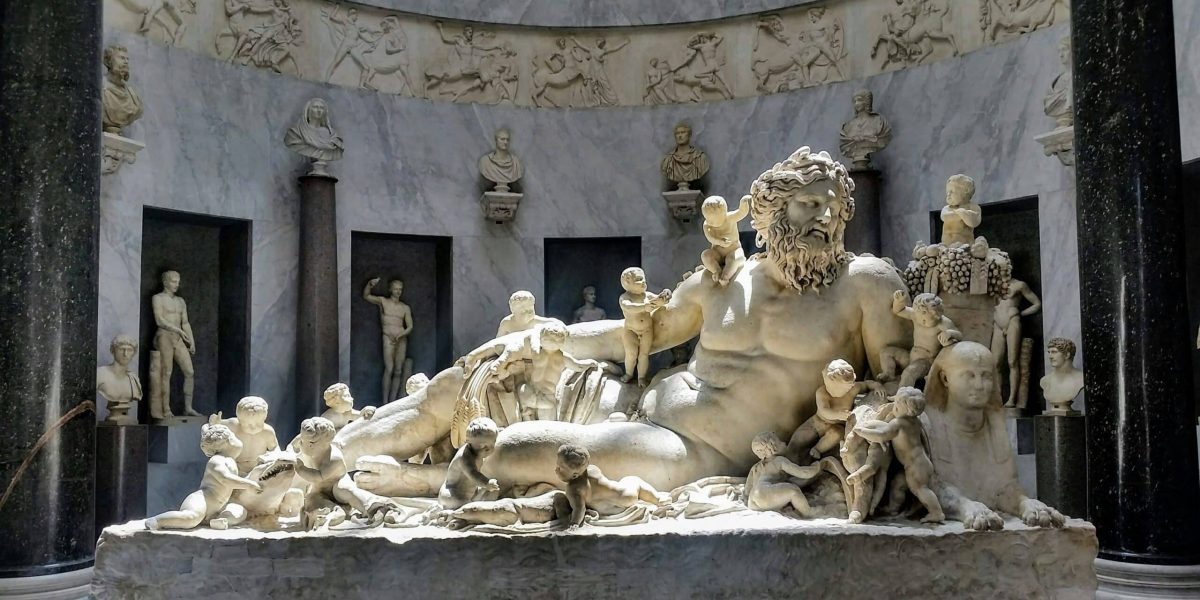Ancient mythology has captivated human imagination for centuries. From the tales of Greek gods and goddesses to the legends of Egyptian pharaohs, mythology continues to hold a prominent place in both education and entertainment. These timeless stories offer rich layers of culture, symbolism, and human experience that resonate across generations. Today, mythology is more relevant than ever, inspiring modern adaptations in books, movies, video games, and classroom discussions. This article explores the enduring influence of ancient mythology and its significance in contemporary society.
Why Does Ancient Mythology Still Captivate Audiences?
The power of ancient mythology lies in its ability to tap into universal themes such as love, revenge, heroism, and morality. These stories were crafted to explain the world, human nature, and the mysteries of life and death. They have endured because they speak to our collective consciousness, addressing fundamental aspects of the human experience that remain relevant across cultures and time periods.
For instance, Greek mythology continues to fascinate audiences with its pantheon of gods who embody both divine power and human flaws. Figures like Zeus, Athena, and Hera are complex characters whose actions and emotions reflect the full spectrum of human behavior. These gods, often in conflict with one another or with mortals, mirror the struggles we face in our own lives. This makes their stories relatable and engaging even in today’s world.
Many of these myths were originally passed down orally, evolving over centuries and being adapted to reflect changing social, cultural, and political landscapes. This adaptability is a key reason why ancient myths have continued to resonate, as they offer a sense of continuity and tradition while also evolving to meet the needs of contemporary audiences.
How is Ancient Mythology Used in Education?
Mythology plays a vital role in modern education, particularly in subjects like literature, history, and even psychology. Teachers use these myths to explore cultural history, introduce critical thinking, and examine moral lessons. Ancient myths are often used as a way to connect students to the broader human experience, offering insights into how past civilizations viewed the world.
In literature classes, myths such as the story of Hercules or the Odyssey provide rich material for analyzing character development, themes, and narrative structure. For example, the Hero’s Journey, a narrative archetype often found in mythology, is used to explain the growth of protagonists in literature and media today. Many classic novels and films, from Star Wars to The Lord of the Rings, are based on this structure, making ancient myths a key tool for understanding modern storytelling.
Psychology students may study myths to gain a deeper understanding of human behavior and the collective unconscious as theorized by Carl Jung. Myths like Oedipus or Persephone’s descent into the underworld offer symbolic insights into the psychological struggles people face, making them valuable tools for modern psychoanalysis.
In addition to the classroom, mythology also sparks curiosity in history students, who explore how ancient cultures created mythological systems to explain natural phenomena, establish social hierarchies, and reinforce religious practices. These stories also provide context for understanding ancient rituals, festivals, and belief systems, offering students a glimpse into how ancient societies functioned.
How Does Mythology Influence Modern Entertainment?
The influence of ancient mythology on contemporary entertainment is profound and far-reaching. From movies to video games, mythology serves as the foundation for much of what is considered modern storytelling. The stories of gods, heroes, and epic battles provide rich material for film and television, with franchises like Marvel’s Thor and Wonder Woman bringing mythological figures into the modern world.
Movies such as Clash of the Titans, 300, and Troy are direct adaptations of Greek myths, while the Harry Potter series borrows heavily from European folklore and various mythological traditions. The Marvel Cinematic Universe (MCU) also draws inspiration from Norse mythology, particularly in its portrayal of Thor, the god of thunder, and his complex relationship with his family and the realms of the gods.
Video games, too, tap into the wealth of material that ancient mythology offers. Titles like God of War explore the stories of Greek and Norse gods, allowing players to interact with these powerful beings in epic quests. Similarly, the game Smite brings mythological gods from cultures around the world together in a multiplayer online battle arena, offering fans a chance to play as their favorite deities.
Beyond films and games, mythological themes also appear in music, literature, and even fashion. The superhero genre, for instance, is deeply rooted in mythological storytelling. Many modern superheroes, such as Superman, are regarded as mythic figures due to their extraordinary powers and moral struggles.
Why Does Mythology Remain Relevant in Today’s Society?
Despite its ancient origins, mythology is still incredibly relevant today. The themes found in mythological stories—heroism, struggle, fate, love, and revenge—are timeless. These stories deal with emotions and situations that continue to shape human life, making them deeply resonant across generations.
In a world that is constantly changing, mythology offers a sense of continuity. The stories have been retold in different cultures and adapted over time, offering both familiarity and novelty. Whether used in education or entertainment, mythology remains a tool for understanding human nature and the world around us.
Mythology allows us to explore cultural identity. In a multicultural world, different mythological traditions provide valuable insights into the values and beliefs of various societies. From the Norse myths of Scandinavia to the Hindu stories of the Indian subcontinent, these narratives help us understand not only ancient civilizations but also the diverse cultures that still thrive today.








